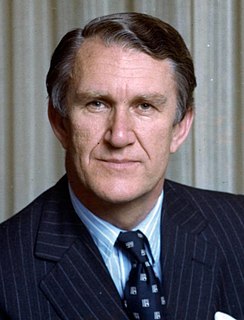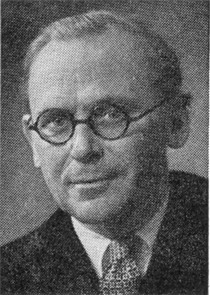A Quote by Henry A. Kissinger
It is not often that nations learn from the past,even rarer that they draw the correct conclusions from it.
Quote Topics
Related Quotes
It is not often that nations learn from the past even rarer that they draw the correct conclusions from it. For the lessons of historical experience, as of personal experience, are contingent. They teach the consequences of certain actions, but they cannot force a recognition of comparable situations.
Neiman's book is written with considerable flair, as many critics have already noted, but it possesses a far rarer and more valuable quality: moral seriousness. Her argument builds a powerful emotional force, a sense of deep inevitability. . . . It is not often that a work of such dark conclusions has felt so hopeful and brave.
The correctness of any of our policies has always to be tested and is always being tested by the masses themselves. We ourselves constantly examine our own decisions and policies. We correct our mistakes whenever we find them. We draw conclusions from all positive and negative experiences and apply those conclusions as widely as possible. In these ways relations between the Communist party and the masses of the people are constantly being improved.
































